“Swami Vivekananda belongs to the class of great seers of Truth. His intellect was great, but greater still was his heart. He once told his disciples at the Belur Math that if a conflict were to arise between the intellect and the heart, they should reject the intellect and follow the heart. Many a Mahàtmà has appeared in this land, and some of them understood that to meditate on the soul in the caves of the Himalayas was the correct path to follow. Swami Vivekananda’s mind also was influenced by this tradition and there arose a conflict in him early in his career; his intellect advocating the traditional absorption in self-realization and his heart bleeding for the miseries of the people around him. In the end he came to the conclusion that leaving the solitude he would enter into the soul of every being and worship his God by serving them.
…What attracts the poor and lowly to him is this compassionate heart which ever bled for them and exhausted itself in their incessant service in thirty-nine brief years. … It was this measureless feeling for the spiritual and material poverty and misery of his fellow men, particularly of his fellow countrymen, that drove him round the world like a tornado of moral energy and gave him no rest till the end. His life’s campaigns in the East and West, including the founding of the Ramakrishna Math and Mission, were in response to this feeling.
His life was all purity and love; his coming to and going from this world was [were] quick, sudden. But in the short period of thirty-nine years he accomplished so much by way of stirring up and infusing new life and new hope into the people that in the history of our great country we do not find a second to stand equal to him in this, except, perhaps the great Sankaràcàrya.”
Jay Prakash Narayan (1902-1979)
Jay Prakash Narayan was affectionately known as J.P. Jay Prakash Narayan was born in Bihar and educated in Patna and Benaras. He was influenced by the Marxist ideas and by the writings of M. N. Roy. Soon after returning to India from USA where he was a student in 1929, he joined the Civil Disobedience Movement of 1930 led by Mahatma Gandhi. Contact with fellow prisoners Achyut Patwardhan, Ashok Mehta, and Minoo Masani strengthened J.P.’s Socialist leanings and in 1935 and 1936 they organized the All India Socialist Congress Party which was connected with the ‘Kiùàn Sabhà’ and acted as a left-inclined singer group within the Indian National Congress and general national movement.
J. P. renounced party politics soon after independence and joined Vinova Bhave, seeing in his ‘Bhådàn Movement’ ‘the germ of a total agrarian revolution’.
In 1974, he became the symbol of an oppositional, if not exactly revolutionary movement.
Though considered to be the patriarch and spiritual guide of the Janatà Party Coalition that came to the power after the elections of March, 1977, Jay Prakash Narayan refrained from taking up any position of formal leadership.
As man Jay Prakash Narayan commanded respect from all quarters and people reverentially called him ‘Lokanàyak’ (Leader of the People).

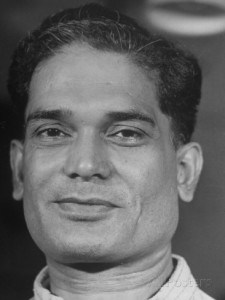

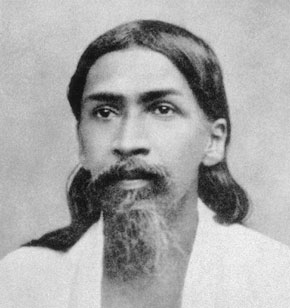
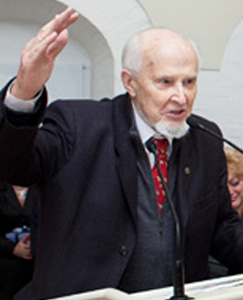
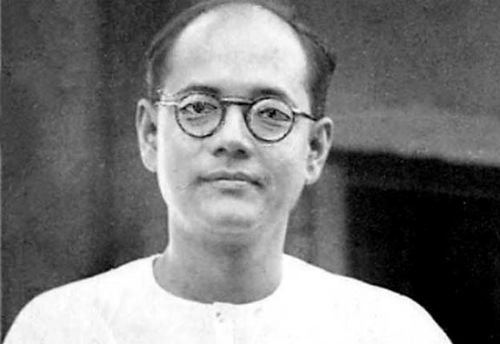
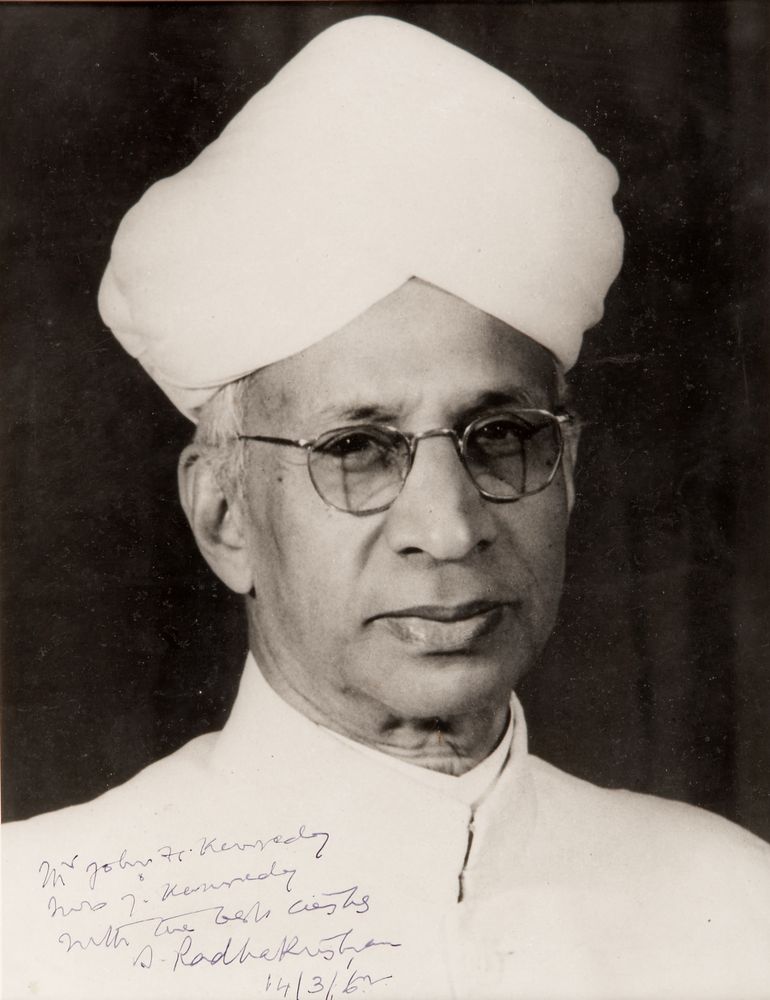
Leave A Comment